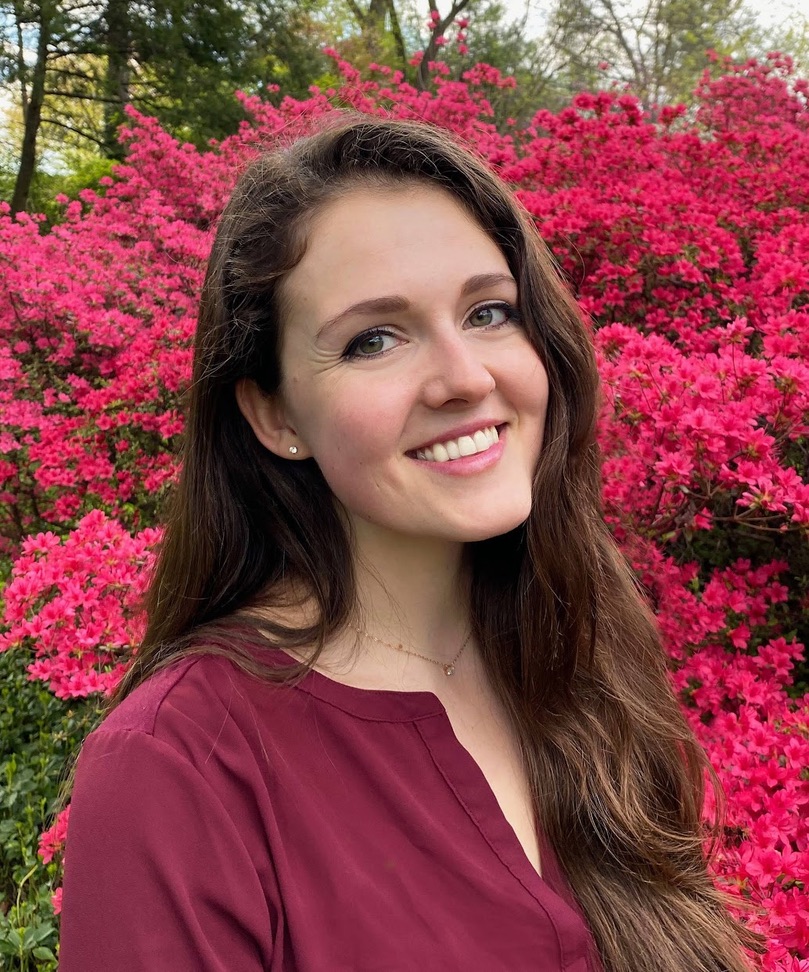Paper Presentation
Research Ethics and Social Sciences
Session: Professional Guidelines
Results of the Views in Bioethics Survey
Friday, October 13, 2023
8:00 AM - 9:15 AM ET
Location: Laurel AB (Fourth Floor)
Bioethicists serve on IRBs, clinical ethics committees, and panels tasked with making important ethical decisions. In these roles, bioethicists craft policy, and influence the application of relevant rules and guidelines. However, little is known about bioethicists’ views.
We recently surveyed 824 US bioethicists—including those who presented at ASBH in 2021 and 2022 and/or are affiliated with bioethics education programs—on a wide range of ethical issues. Our goals were to assess the views of bioethicists on issues like abortion, human challenge trials, and other topics in clinical, public health, and research ethics, and to collect information on bioethicists’ demographic and educational backgrounds.
In this talk, I will present the results of the Views in Bioethics Survey, focusing on three sets of findings. First, I will highlight areas of relative consensus within bioethics. For instance, our findings suggest that bioethicists broadly support abortion, and that restrictive state laws regulating abortion are out of step with bioethicists’ views. Second, I will focus on issues that are relatively contested within bioethics. For instance, bioethicists are divided on whether it is ethically permissible to use local standards of care when conducting research in under-resourced settings. I will also analyze the features that predict bioethicists’ views on contested issues (e.g., religiosity). Finally, I will discuss US bioethicists’ professional and demographic backgrounds. Specifically, I will highlight ways that American bioethicists are and are not representative of Americans more broadly.
We recently surveyed 824 US bioethicists—including those who presented at ASBH in 2021 and 2022 and/or are affiliated with bioethics education programs—on a wide range of ethical issues. Our goals were to assess the views of bioethicists on issues like abortion, human challenge trials, and other topics in clinical, public health, and research ethics, and to collect information on bioethicists’ demographic and educational backgrounds.
In this talk, I will present the results of the Views in Bioethics Survey, focusing on three sets of findings. First, I will highlight areas of relative consensus within bioethics. For instance, our findings suggest that bioethicists broadly support abortion, and that restrictive state laws regulating abortion are out of step with bioethicists’ views. Second, I will focus on issues that are relatively contested within bioethics. For instance, bioethicists are divided on whether it is ethically permissible to use local standards of care when conducting research in under-resourced settings. I will also analyze the features that predict bioethicists’ views on contested issues (e.g., religiosity). Finally, I will discuss US bioethicists’ professional and demographic backgrounds. Specifically, I will highlight ways that American bioethicists are and are not representative of Americans more broadly.
Rachel Yuexin Fei – Undergraduate – Wellesley College; Emily Largent – Medical Ethics and Health Policy – University of Pennsylvania; Leila Orszag – Postbaccalaureate Premedical Program – Bryn Mawr College; Govind Persad – Sturm College of Law – University of Denver; Sophie Gibert – Philosophy – MIT; Haley Sullivan – Health Policy – Harvard

Leah Pierson, BA ((she/her/hers))
MD/PhD student
Harvard University
Boston, MassachusettsDisclosure(s): No financial relationships to disclose

.jpg)